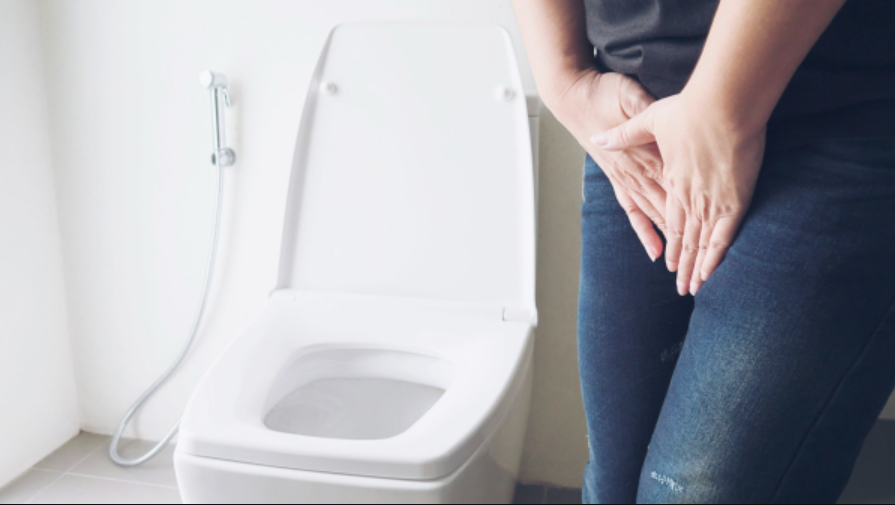Don’t Ignore the Urge to Urinate.
Others are reading now
Delaying a trip to the bathroom for a more convenient time can negatively impact health, warns urologist Maxim Salnikov.
One aspect to consider is the potential problems with the urinary bladder and upper urinary tract. An overfilled bladder can lead to a condition known as vesicoureteral reflux, where urine flows back into the kidneys.
This can cause urinary infections. Some people may also have underlying conditions that could be exacerbated by holding in urine.
For instance, elderly men with prostate adenoma may develop acute urinary retention requiring immediate intervention, such as bladder catheterization. While rare, the risk still exists.
Also read
Prostate adenoma, a benign enlargement of the prostate, can also cause bathroom difficulties for both men and women. An enlarged prostate can compress the urinary tract, making urination difficult.
The doctor emphasizes that the rule “better not to hold it in” applies to everyone, and if there’s an opportunity to use the toilet, one should take it without delay. However, there are cases where a person simply cannot find a toilet immediately.
In such situations, it’s necessary to hold it in if it’s urgent. But it’s worth noting that if there’s no bathroom visit throughout the day, it’s a serious alarm signal and a reason to consult a doctor.
This could indicate serious kidney, bladder, or prostate diseases.
The number of bathroom visits can vary for each person, but the average norm is about eight to nine times a day for adults. The expert also notes that waking up once at night to use the bathroom is considered normal.
He adds that the frequency of urination depends on the amount and type of fluids consumed. Infrequent trips to the bathroom with moderate drinking are not a cause for concern, reports the media 76.
Holding in urine can have negative consequences for our body. If strong urges to visit the bathroom arise, it’s better not to postpone it, especially considering the possible complications and diseases that can result.
Everyone is unique, and their bathroom needs may vary, but monitoring and vigilance regarding health are always a priority.
If there are even the slightest suspicions of problems with bathroom visits, don’t hesitate to consult a specialist to receive professional medical help and prevent the development of serious diseases.


